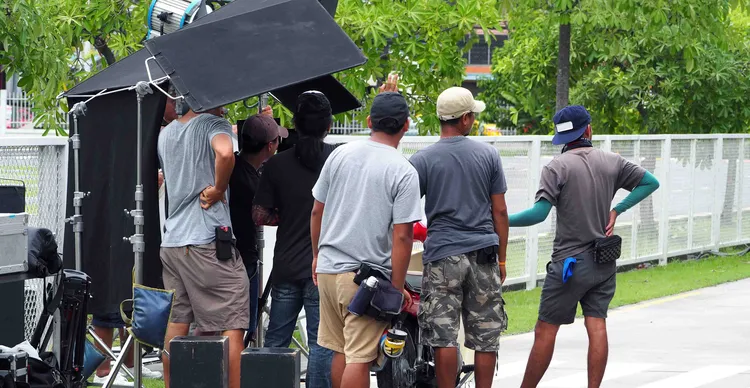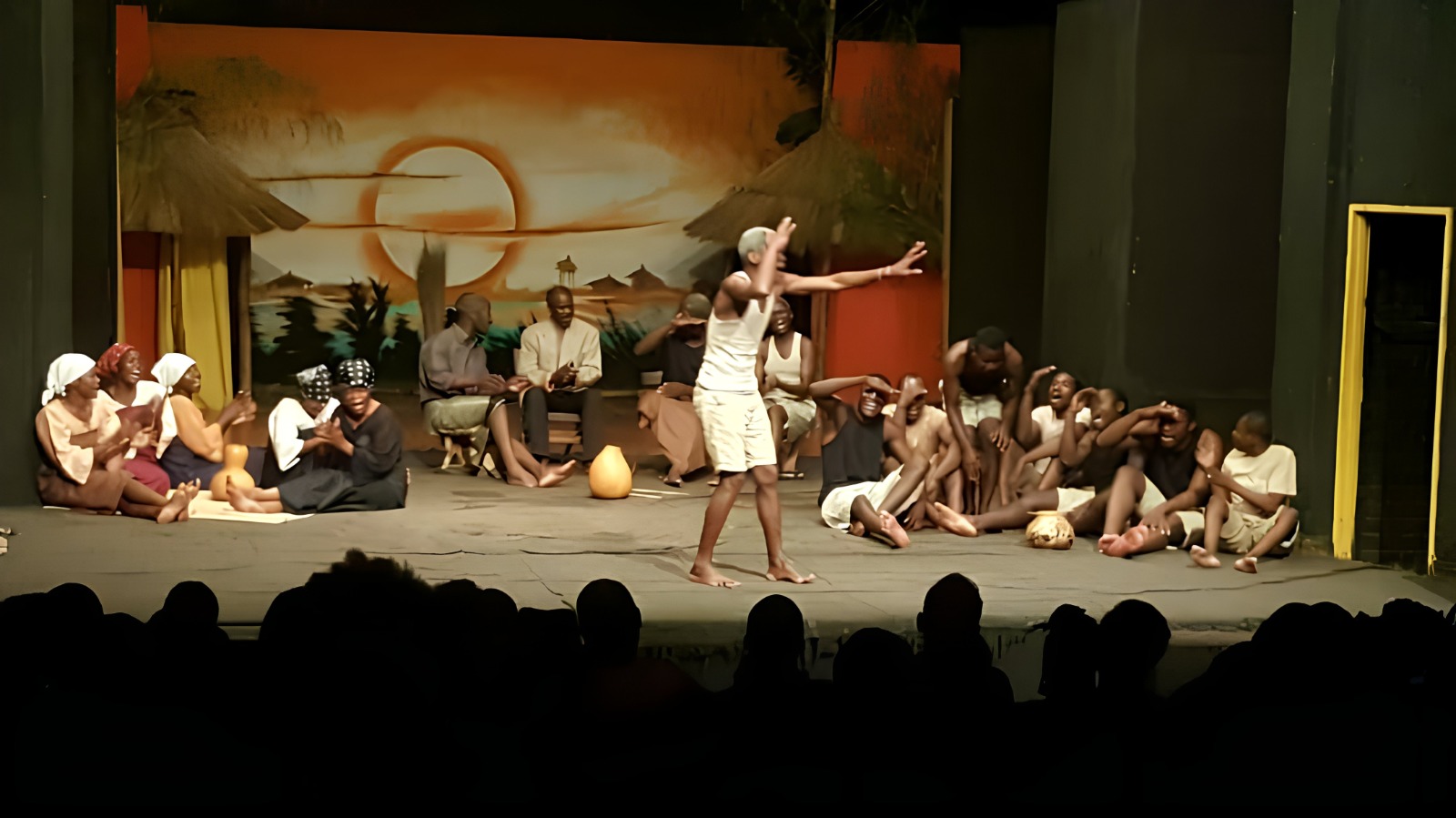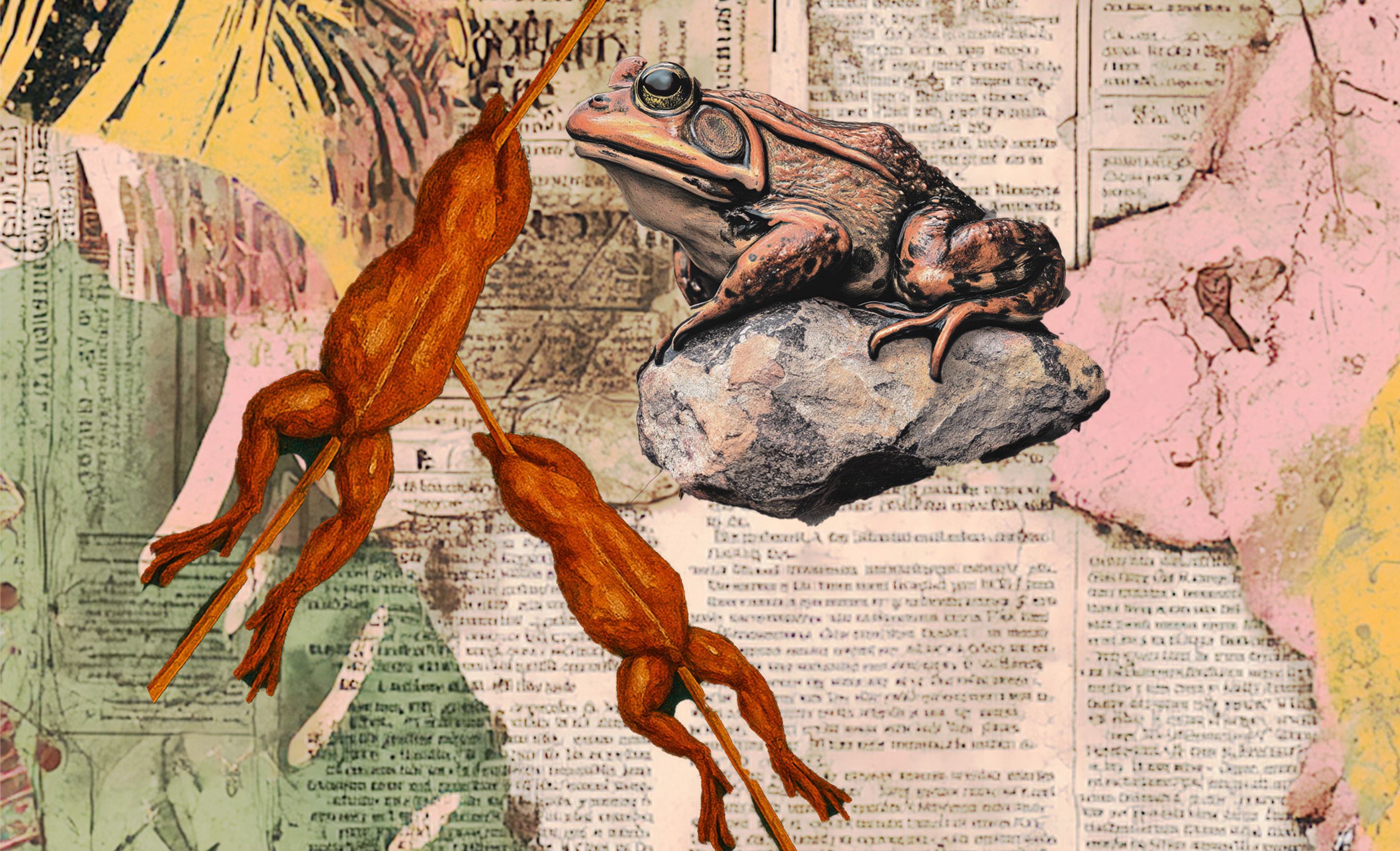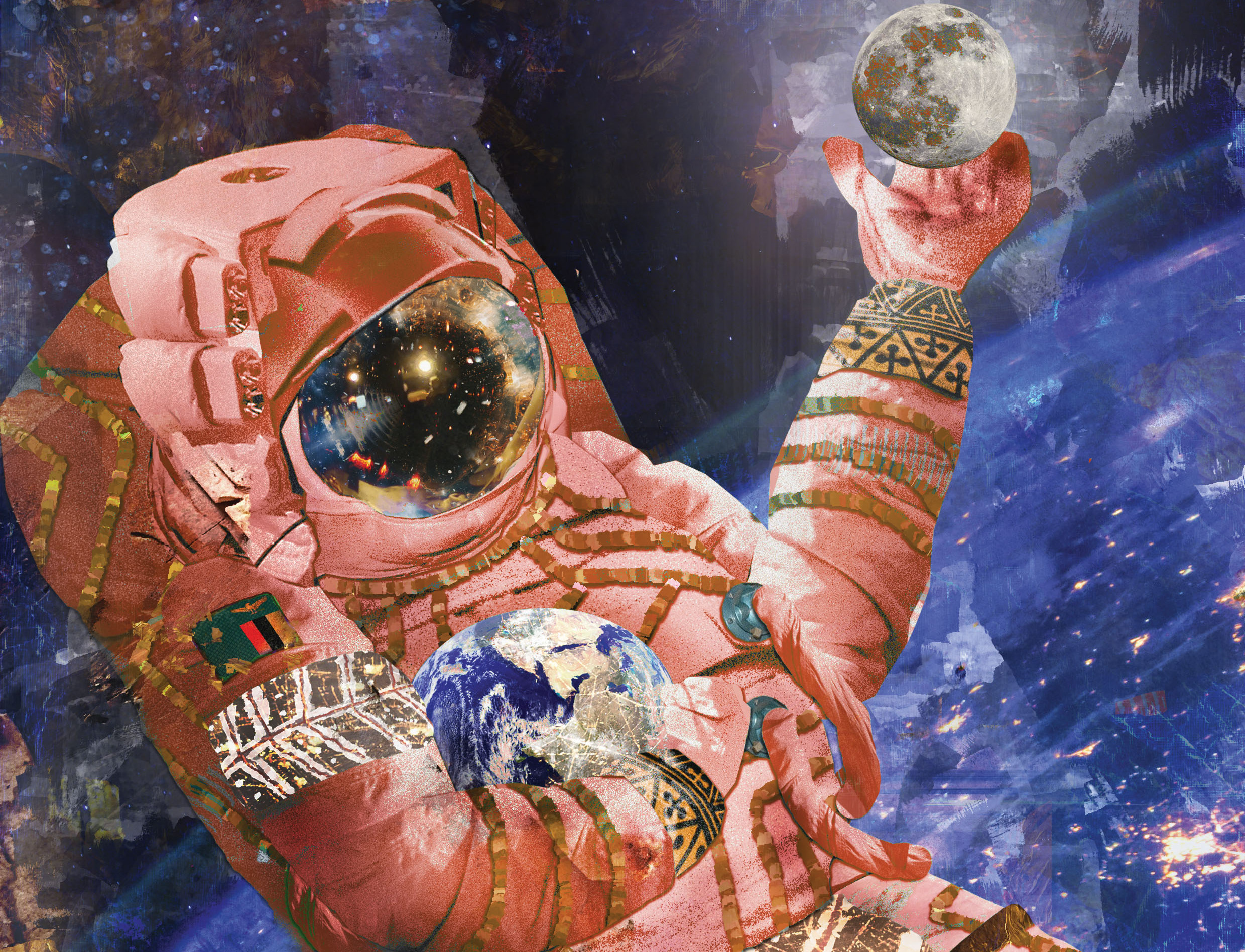Hollywood has long controlled the portrayal of black stories on screen, favouring narratives of pain and oppression over tales of triumph and empowerment. While films like 12 Years a Slave and Harriet are important, their dominance reveals an industry pattern that sidelines black heroism in favour of black suffering. Disclaimer: This is an opinion piece. The opinions expressed herein are solely those of the author.
Why is Hollywood obsessed with black suffering but hesitant to celebrate black heroism?
The Double Standard in Black Cinema
When Django Unchained hit screens in 2012, it delivered a thrilling Western about a freed slave, Django, determined to rescue his wife from a ruthless plantation owner. The film was bold, action-packed, empowering, and triumphant. Yet despite its success, director Quentin Tarantino faced criticism for allegedly sensationalising slavery for entertainment, questioning whether a film about a black man seeking freedom through violence was appropriate for mainstream audiences.
A year later, 12 Years a Slave (2013) was released. It told a harrowing true story and depicted the brutal, unrelenting suffering of Solomon Northup, a free black man kidnapped and enslaved for twelve years. This film was met with universal acclaim and celebrated as a cinematic triumph.
The difference? One was a story of empowerment and revenge, while the other reinforced the narrative of black pain and subjugation.
This pattern reveals more than a difference in narrative—it hints at a deeper trend in Hollywood’s approach to black stories. There seems to be an unspoken rule about which black experiences deserve celebration and which ones are to be buried.

Hollywood’s Love for Black Suffering
Over time, Hollywood has repeatedly shown a clear preference for films that portray black people primarily as victims of historical or social injustice.
This “Suffering Equals Prestige” Formula are reasons why films like 12 Years a Slave, Harriet, and The Woman King receive widespread acclaim and industry support, not just because they are well-made but because they fit the Hollywood-approved narrative: black struggle, black trauma, black pain.
This isn’t to say these stories aren’t important—history deserves to be told truthfully—but when Hollywood continually elevates black suffering while sidelining stories of black triumph, the imbalance is concerning.
Following Django Unchained, Hollywood greenlit a wave of slavery and civil rights films, reinforcing the idea that black-led films only have value when they depict oppression. Meanwhile, original stories of black excellence, leadership, or everyday life without pain seem to struggle for visibility, facing uphill battles to secure funding, distribution, or critical attention.
The Sabotage of Black-Led Blockbusters
While Hollywood embraces black trauma films, even black-led blockbusters that break the mould face subtle forms of sabotage.
The Case of Tenet
Christopher Nolan’s Tenet was an ambitious big-budget sci-fi thriller with a black lead, John David Washington, a protagonist whose race was incidental to the plot. Yet, despite its major studio film status Tenet was released in 2020 at the height of the pandemic, when theatres were still shuttered worldwide.
In contrast, comparable films like No Time to Die and Dune were postponed for better release windows. Tenet, however, was not given that courtesy. Was this just unfortunate timing, or was it a strategic move to downplay the potential of a black-led blockbuster? It’s a fair question to ask.

Subtle Sabotage: Low Budgets, Poor Writing, and Forced Stereotypes
Even when black films venture outside trauma narratives, they are often undermined in quieter ways:
Low Budgets: Many black-led films receive significantly lower funding compared to their white-led counterparts.
Sex and Vulgarity Over Depth: Hollywood often fills black films with excessive profanity, hypersexualisation, and crude humour, reinforcing negative stereotypes.
Lack of Complexity: Instead of crafting deep, meaningful characters, many black films reduce their protagonists to a single trait: “I’m black, and I suffer.”
This formula ensures that audiences, especially black audiences, begin to resent black films, reinforcing the idea that “black movies” aren’t worth watching. Films that prioritise relatability through stereotypes over genuine representation do little to shift perceptions or inspire pride.
The Films That Get It Right
Some films defy Hollywood’s expectations and show that black characters can be more than just symbols of suffering.
Django Unchained: A Western with a black hero who takes control of his destiny.
Tenet: A sci-fi blockbuster with a black lead whose race isn’t his defining characteristic.
Black Panther: A film that celebrates black power, culture, and success without focusing on struggle. These films succeed not because Hollywood championed them, but because audiences embraced them. When given the opportunity, people want to see black heroes, leaders, and complex characters—not just victims.
Taking Back the Narrative
Hollywood’s focus on black suffering isn’t an accident—it’s a strategy. When black characters are only seen as slaves, criminals, or victims, it shapes how society perceives black people in real life.
To change this, audiences need to demand more: greater diversity in storytelling—action, sci-fi, historical epics, fantasy, and thrillers—not just trauma narratives.
We must support the films that break the mould and reject those that rely on the same tired stereotypes. If we don’t, Hollywood will continue to control how black stories are told and will continue to award black actors for playing slaves or maids and not leaders, champions, heroes or royalty.
What would Hollywood look like if it stopped treating black stories as tragedies and started embracing them as triumphs?








